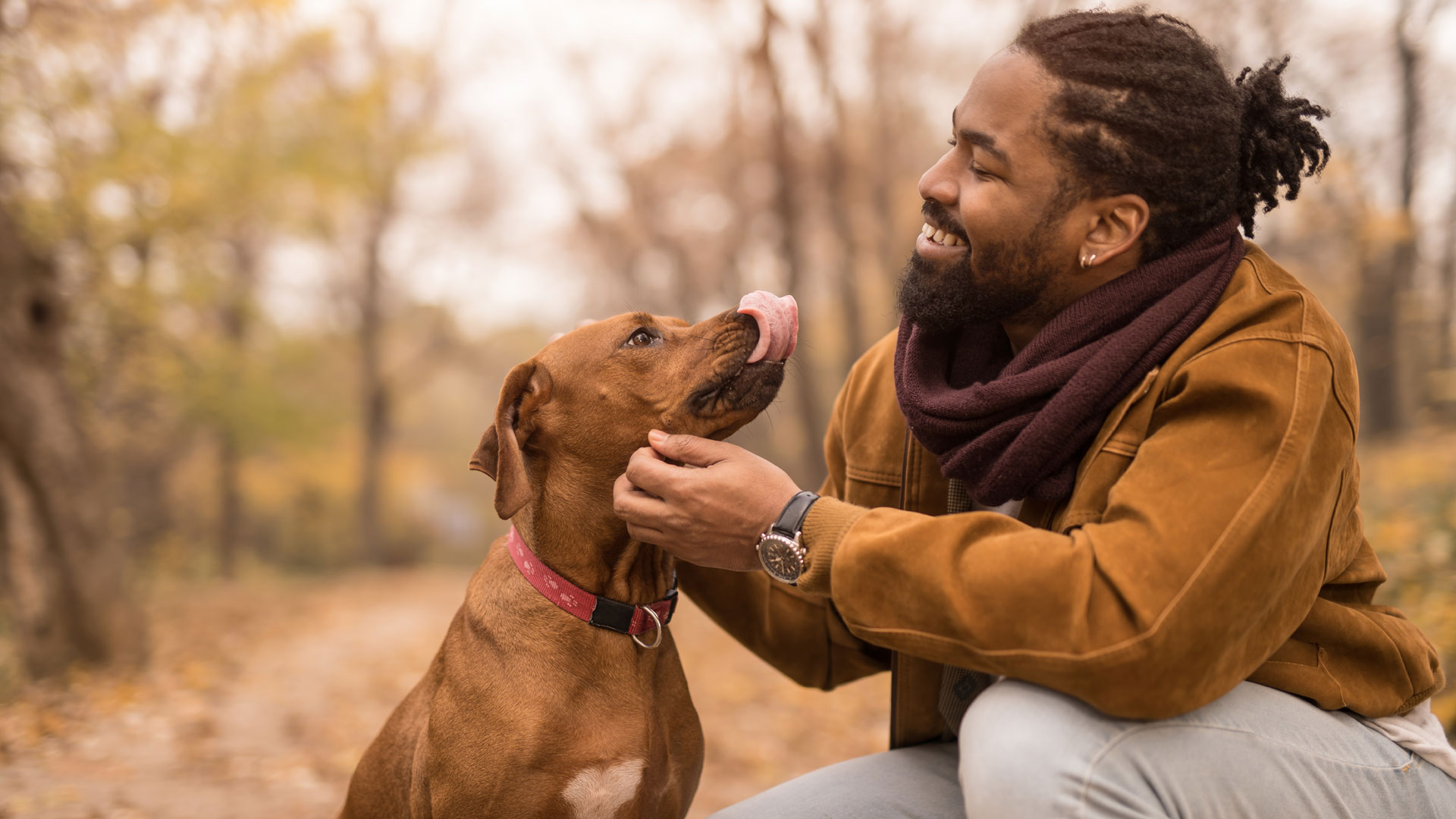
Recall training is important. After all, you want your dogs to return to you when you’re out and about for their own safety, as well as that of others.
But, a solid recall – complete with some of the best dog treats as a reward – shouldn’t be a substitute for supervising your dog when they’re off-leash. Meanwhile, there are many things even the most well-meaning dog parents sometimes get wrong when recall training their pup.
Fortunately, professional dog trainer and behavioral consultant Amelia Steele, also known as Amelia the Dog Trainer, has got some advice to share in a recent Instagram post – and it’s a real eye-opener.
In the post’s caption, Steele brings up a couple of recent experiences with dog parents not supervising their off-leash pups – including one in which an off-leash dog sprinted at her dogs, which were on their leash. She explains, “In this scenario, recall wasn’t the issue. The dog had a great recall. Instead, as dog owners, we need to focus on active supervision and management of our dogs out on walks.”
Among the things Steele advises against doing when recall training your dog are continuously calling your dog over and over, and using a monotonous voice.
She also recommends against using a stricter or angrier voice if your dog isn’t listening – however frustrated you might feel! And at the same time, try not to be distracted or take your eyes off your dog while they’re off their leash. Sure, as much as your pup might have great recall, they may get overexcited and get themselves into trouble before you’ve realized.
But Steele also outlines the things that dog parents should do when recall training (and here are 15 helpful ways to get your dog to come back to you on off-leash walks). First, she explains that it’s best to make your recall cue clear and exciting –something that your pup is happy to come back to. And she recommends making coming back to you “amazing” for your dog, so make sure there’s plenty of praise for them when they return.
But if you’re out with your dog and there are distractions they’re not trained around, it’s best to play it safe and keep them on leash. “Put your dog back on the lead around other dogs, people, and livestock,” Steele adds.
“Proactively supervise your dog anytime they are off lead,” Steele stresses. “Always be aware of your surroundings including other people, animals, potential dangers, etc.”
Certainly, when it comes to walking or being outside with your dog, safety should come first. If in doubt, keep your dog on their leash. And if they’re off their leash, be sure to keep an eye on them, as even the most well-behaved dog can have a moment of excitement.
If you’re struggling, however, here are three reasons why your dog’s recall isn’t reliable (and what you can do about it).







